 |
Types of Manual Agricultural Tools and Their Uses
Pick axe
The pick axe is used for:
- Preparing the soil for farming by digging deep and turning the soil, as well as breaking up clods.
- Removing large stones from the soil.
- Digging irrigation channels.
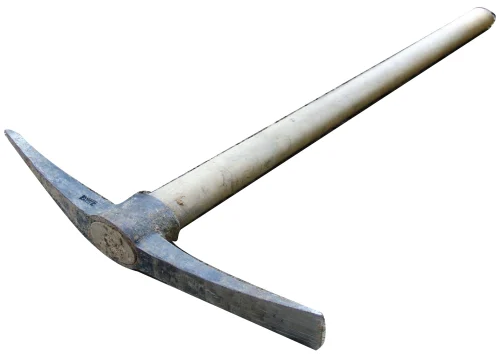
Shovel
The shovel is used for:
- Surface digging, soil turning, and collecting it.
- Creating agricultural rows or planting beds.
- Digging small channels.
There are two common types of shovels:
- Triangle-shaped shovel.
- Square-shaped shovel.
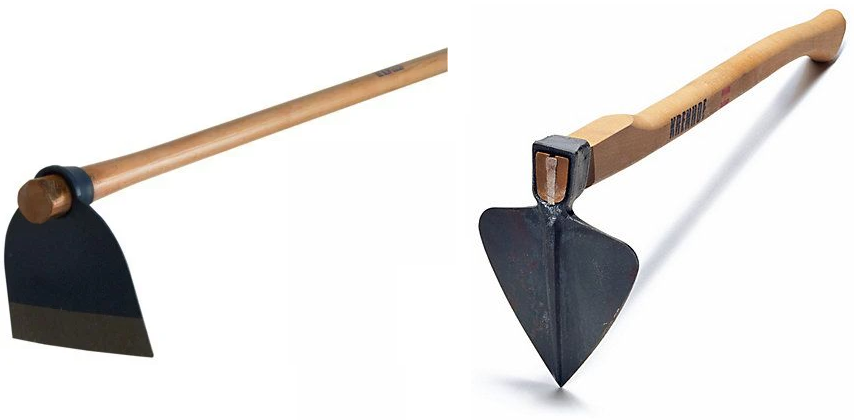
Rake
The rake is used for:
- Cleaning the soil from small stones, weeds, and crop residues.
- Leveling the soil after it has been turned.
- Breaking up clods and smoothing the soil.
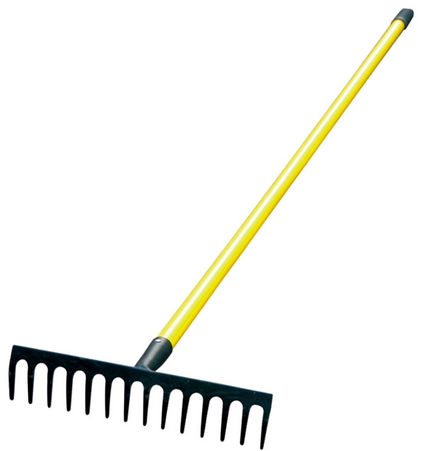
Hoe
The hoe is used for:
- Cultivating the soil around plants to remove weeds.
- Uprooting root vegetables and tubers after they have been watered.
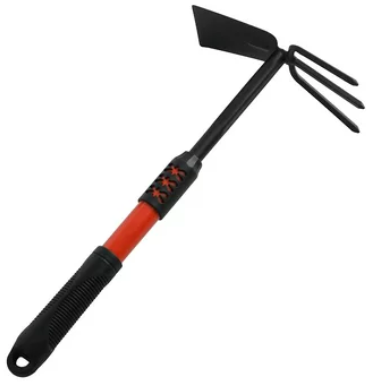
Fork
The fork is used for:
- Digging non-hardened soil by pressing its blade into the ground with the foot.
- Uprooting root vegetables and tubers after they have been watered.
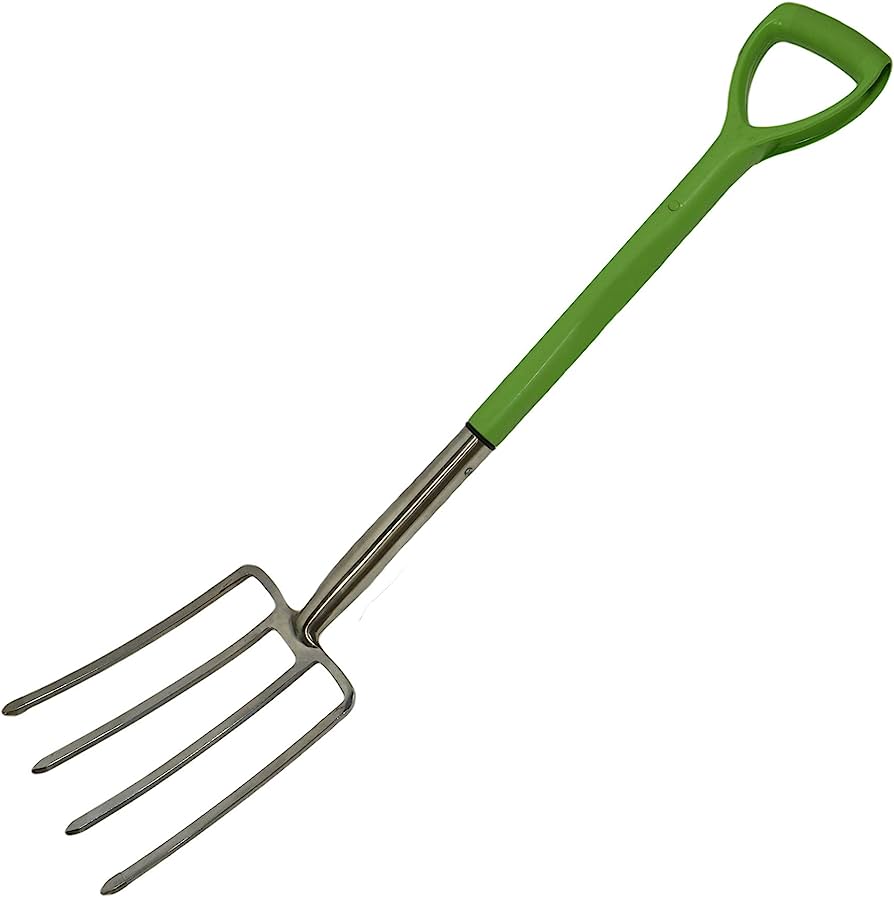
Basket
The basket is used for:
- Transporting soil, fertilizer, or other materials from one place to another nearby.
Wheelbarrow
The wheelbarrow is used for:
- Transporting soil, fertilizer, agricultural tools, and waste from one place to another within the garden or farm.
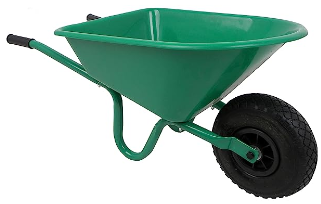
Water Sprayer
The water sprayer is used for:
- Gentle watering of seeds and plants.
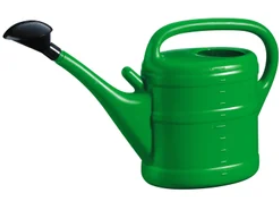
It is important to know how to choose the appropriate tool and use it at the right time and in the proper manner because:
- It helps to accomplish work efficiently with minimal effort.
How to Maintain Agricultural Tools:
- Clean them after each use.
- Regularly maintain them to keep them in good working condition and avoid accidents due to any malfunctions.
Using Manual Agricultural Tools Correctly and Safely:
Things to consider when using agricultural tools:
- Regular maintenance and ensuring they are in good condition.
- Maintain a distance between you and your colleagues while working.
- Focus on the point where the tool will strike while being aware of those around you.
- Wear suitable footwear, especially when using the mattock.
- Do not scatter tools at the work site; place each tool in its designated location.
- After finishing work, clean the tools and return them to their designated places.